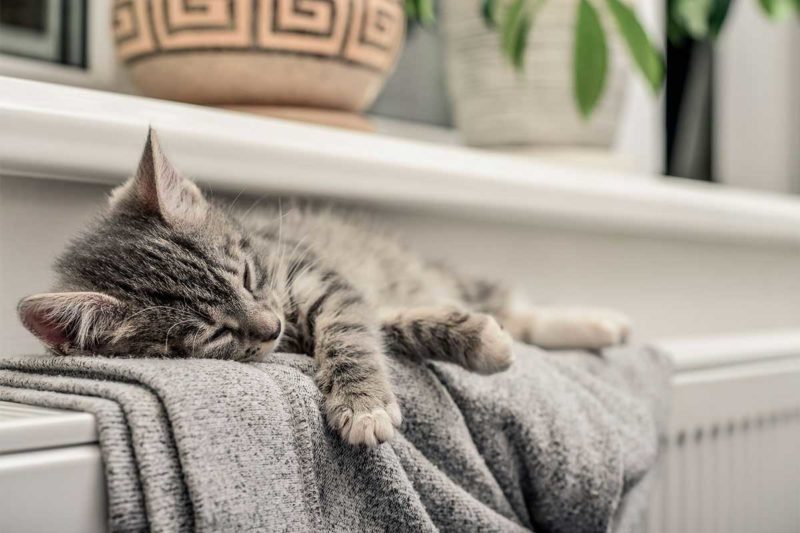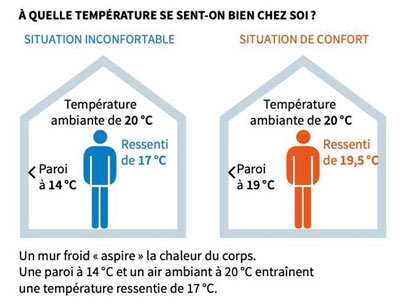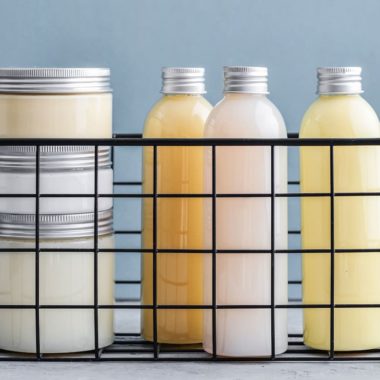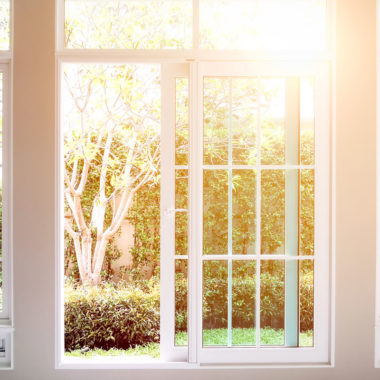The temperature of the planet is rising dangerously, as energy prices are, very significantly. it’s time to embrace des more environmentally-responsible habits, including for your heating. Because some energy-saving moves are counter-productive. Here we debunk preconceived ideas to reduce your heating bill without you getting cold through.
A variation of no more than a few degrees can be decisive. On a planetary level, according to the various scenarios modelled by the Intergovernmental Panel on Climate Change (IPCC), global temperatures could rise by 2°-5° by 2100. Which is far off the target of 1.5° set forth in the Paris Agreement.
These few degrees too much are caused by the rise in greenhouse gas concentrations, which are liable to cause catastrophes: food and water shortages, public health problems and proliferation of diseases, loss of biodiversity, rising water levels, etc.
A few degrees more or less also have significant impact on the human body, which feels it immediately. According to the Effy site, here in France at least, two thirds of the population feel cold in their homes despite the heating being on, and households spend an average of 1,696 euros per year on it. Heating accounts for 66% of household energy usage. So how do you reduce this usage without getting cold through?
Find the right temperature
The right temperature varies depending on sex and the various rooms in the house.
The most comfortable temperature
The most comfortable temperature for women is around 25°, versus 21° for men. This difference is accounted for by different energy needs due to greater muscle mass in men.
The temperature in various rooms
As far as frequently-used rooms like the lounge, kitchen and dining room are concerned, the recommended temperature is between 19° and 21°. 16-17 degrees are enough for a good night’s sleep in the bedroom. And for the bathroom, 17° when it is not in use and 22° when it is. At night you can reduce the temperature by 2-3 degrees to make savings.
How do you optimise ambient heat?
Some so-called useful moves aimed at “retaining” heat can be counterproductive. These mistakes lead to a significant waste of energy.
Not airing out rooms
It seems to make sense – you open the window and the cold “comes in” and brings the temperature down. Well, no – leave the windows open for 10 minutes per day even if it’s freezing outside. The walls will not have time to get cold, and airing out in this way gets rid of indoor pollutants and dust mites. It also reduces damp. And it takes less energy to heat drier air.
Closing blinds and curtains
Windows account for up to 15% of your home’s heat loss. But closing blinds and curtains does not plug the holes through which heat escapes. And most importantly, it prevents the sun from warming up the room.
Adjusting the temperature upwards and downwards
It’s more economical to maintain a consistent temperature than adjust it constantly depending on the use made of the room. If you are going away for an extended period, turn it down to 12°. However, don’t turn the heating off, to prevent the pipes from freezing.
Turning the radiators up to maximum when you get back
Certainly it makes sense to turn the heating down when you’re away, to reduce your bill. But putting it on full when you get back to be warmer quicker is bound to have your usage rocket. It’s best to not turn the heating lower than 15° during the day if you are not home, and invest in a programmable heating system to turn the heating on half an hour before you get back.
Using occasional heating
Occasional heating is effective, but must not be used routinely. It not only uses more energy (especially fan heaters), but also dries out the air and irritates the airways.
Covering radiators
Avoid putting furniture in front of a radiator or using it to dry laundry. And if the radiator is mounted on a cold wall, it will lose heat all the more. In this case, put a reflective panel behind it.
Overlooking insulation
Cold walls absorb heat and account for that unpleasant chilly feeling. For example, at a room temperature of 20°, a wall registering 14° will make for a temperature that feels like 17°. If the wall registers 19°, the temperature will feel like 19.5°. Hence the merit of insulating the roof and walls of your home, since they are the main culprits of heat loss.
Letting boiler servicing slip your mind
An annual inspection is mandatory for all types of installation (wood, coal, gas or fuel oil boilers) with a power rating of between four and 400 kW. Besides addressing the risk of carbon monoxide poisoning, this inspection can reduce the amount of fuel used by 8-12%.








